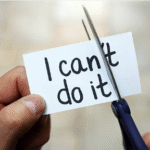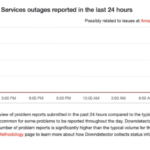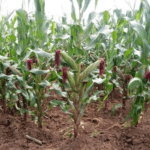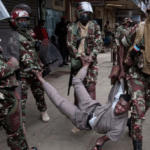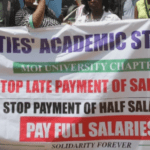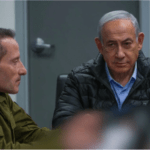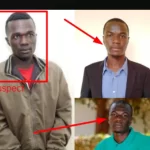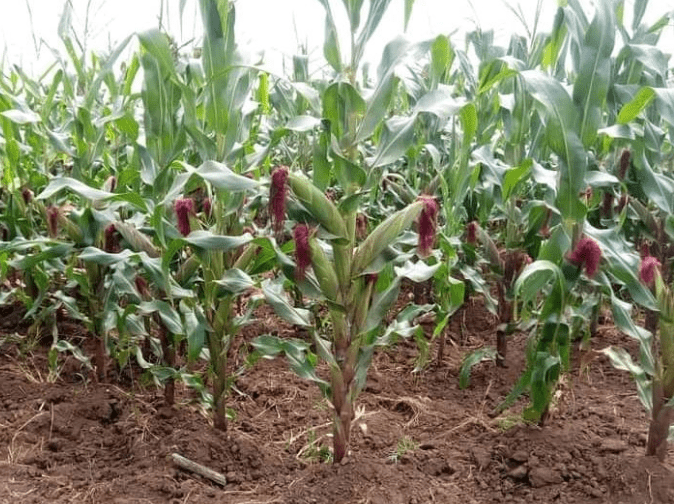According to a report released Wednesday by a global alliance of civil society organizations. The 43 out of 50 countries and territories in sub-Saharan Africa have either “restricted” or “closed” civic spaces. The annual report, titled People Power Under Attack 2024. Highlights improvements in civic space in Botswana and Liberia over the past year, while conditions have worsened in Burkina Faso, Eswatini, Ethiopia, and Kenya.
CIVICUS, which monitors civic freedoms in 198 countries, notes that civil society conditions have deteriorated in nine countries, including four in Africa. Overall, civic space across the continent remains “repressive.”
Sylvia Mbataru, a human rights lawyer and researcher at CIVICUS. Reported that nearly 900 million people in sub-Saharan Africa live under politically repressive conditions.
“Almost 70 percent of the population in Africa south of the Sahara is now living within a repressed civic space,” Mbataru said.
“That means a big majority of the continent are not able to access their rights, are not able to speak out anymore, are not even able to engage in meaningful democracy efforts and governance efforts. So this is a really concerning figure to have.”
The report highlights that many African governments have curtailed citizens’ rights with security forces committing violations against protesters, human rights defenders, and journalists. Authorities are accused of using force to disrupt peaceful protests, detaining demonstrators, and prosecuting individuals advocating for human rights, as well as journalists and protesters.
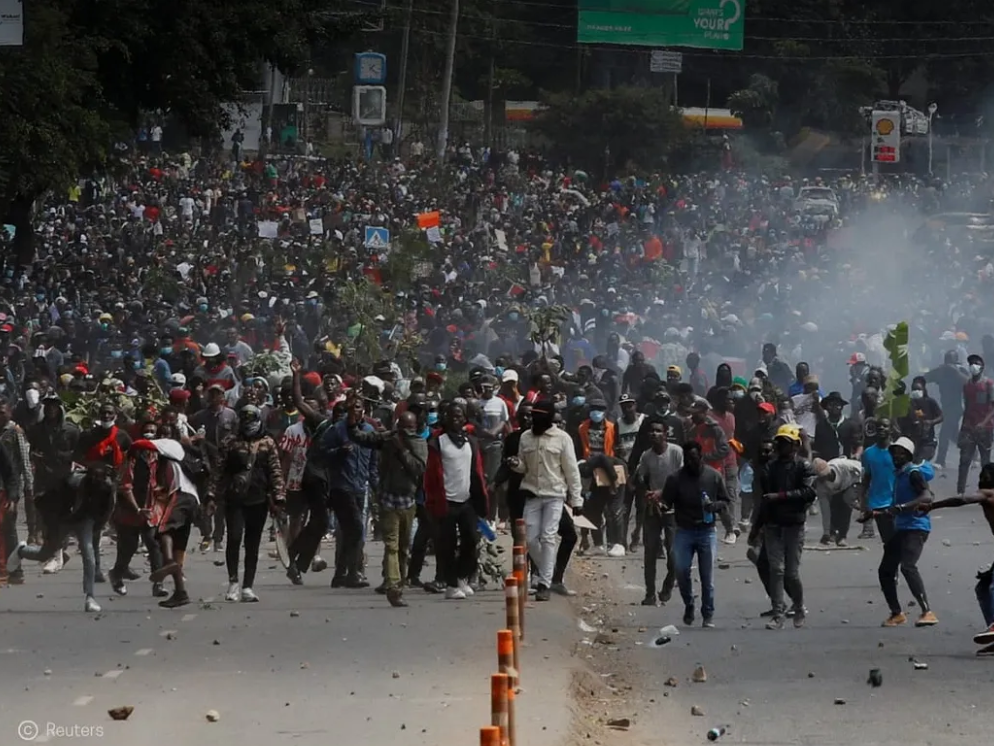
Kenya’s ranking was downgraded from “obstructed” to “repressed” due to a violent government crackdown on nationwide protests in June and July. The protests were sparked by a proposed finance bill aiming to raise taxes. Rights groups report that over 60 people were killed during the protests, with many others going missing. These groups blame Kenyan security forces for the deaths, a claim the government denies.
One of the affected individuals, 38-year-old Edith Kamau, lost her son in the anti-tax protests. She agrees with the report’s assessment of Kenya’s deteriorating human rights record and restricted civic space. saying that neither the wealthy nor the poor are safe. She mentioned that even affluent individuals are being abducted, and she criticized the current president for failing the people.
Kamau’s son’s body was reportedly recovered from a government building, according to a police report, but she and her family have yet to receive justice. A post-mortem revealed that her son was shot at close range during the protests. The police indicated that the weapons used were carried exclusively by special forces. However, Kamau claims she has been kept in the dark about the details surrounding his death.
The report also downgraded Burkina Faso’s status from “obstructed” to “repressed,” while Eswatini and Ethiopia saw their status shift from “repressed” to “closed,” indicating that authorities in these countries allow little to no public dissent or demonstrations.
Read Also:
Sakaja’s foundation among 2,802 NGOs listed for deregistration
However, despite the widespread restrictions on civic space across the continent. Many countries are making progress in fostering political expression and defending human rights. Researchers note that civic space is “open” in seven African countries, including Botswana and Liberia, which have made improvements in the past year.
Liberia, which saw a peaceful power transfer late last year, has experienced fewer violations of press freedom and peaceful assembly, according to CIVICUS. In Botswana, the ruling party, which had been in power since 1966, was voted out in the October presidential elections. Even prior to this, CIVICUS reports that civil society groups were allowed to challenge proposed constitutional changes.
